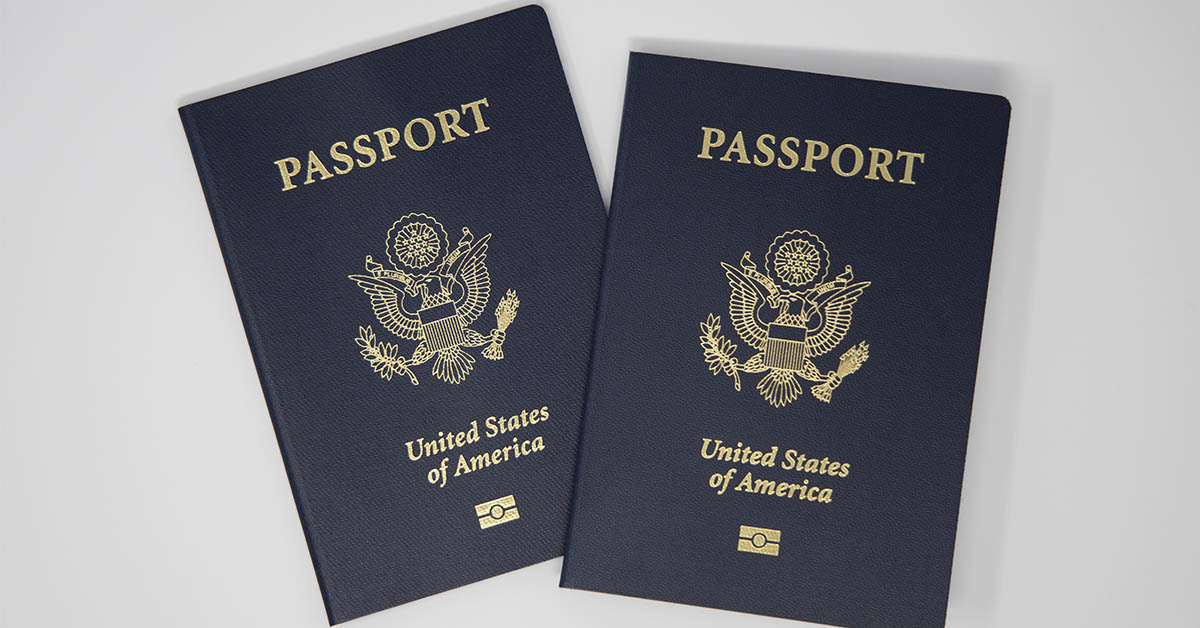The U.S. passport was once a skeleton key to most places in the world. Americans could travel and live abroad and expect smooth sailing. However, that has changed in 2025. Although countries aren’t outright forbidding American entries, they are tightening up restrictions that impede their touring, residency, and businesses. This can come in the form of changing visa quotas or denying renewals. So if you are a U.S. resident planning on traveling abroad for work, leisure, study, retirement, and so on, be particularly diligent when examining relevant policies in the following countries.
Japan

Japan is known for its rich culture, delicious cuisine, and stunning landscapes. Expats may move there for the employment opportunities, especially in high tech, robotics, finance, and tourism. However, new labor and long-term visa protocols involve applicants proving “independent added value”. This vague requirement has led to more visa denials, especially for Americans who work in education, media, or the arts. So some American expats who had lived in Japan for years suddenly had their visa denied and had no choice but to go abroad.
Frozen bank accounts

People facing unexpected denials may undergo another challenge, since some banks are freezing accounts of foreign nationals with expired visas. This initiative is intended to fight against scams and fraud, according to the Japan Times, but it can inconvenience unsuspecting expats who forget to report their visa extensions. It’s also important to note that public opinion has shifted, as many Japanese people critisize Westerners for not integrating well while demanding the locals cater to their expectations.
United Arab Emirates (UAE)

Dubai and Abu Dhabi are especially appealing to Americans because of the high standard of living, many job opportunities, low crime rates, and vibrant urban views. But travellers to the UAE should be aware of the recent changes to the visa application processes. The overseers are now more strict and can reject complete applications with unclear, outdated, or incorrectly submitted information. To make matters worse, this denial can hurt travel records and the chances of future approval.
Visa updates and denials

The new UAE visa requirements include: Evidence of round-trip flight tickets, ID of residents you’d be staying at, or confirmed accommodations such as a confirmed hotel booking, says TraveloBiz. It also includes proof of adequate financial resources, including a minimum bank balance of AED 5,000 (around $1,360) for a two-month visit, as well as recent bank statements. There seems to be a preference for professions with high economic contribution, leading to freelancers and small business owners being denied extensions, according to Survival World.
China

Although Americans may fly to China for the culture, history, food, jobs, and pandas, China is sending them back to the States with little to no explanation. Visa renewals are being denied seemingly without cause, and people have only a few days to leave the country. And since China doesn’t recognize dual citizenship, Americans with Chinese descent face extra complications. Plus, tariffs have been increased on American imports, which contributes to rising political tension.
Detainment and Accusations

Alternatively, foreigners may be arbitrarily detained or accused of espionage for transferring any data the government decides is related to national security, according to NBC News. In fact, China has recently updated its counterespionage laws by broadening the definition of spy. This makes the international business community concerned that these laws could be exploited to target people at random.
Russia

Generally speaking, few U.S. residents are inclined to travel to Russia due to the war with Ukraine. Moreover, the U.S. Travel Advisory has ranked Russia as “Level 4: Do Not Travel” because of the “arbitrary enforcement of local laws” and the “risk of harassment or wrongful detention by Russian security officials.” However, some Americans have lived there for years to bask in the rich history, art, and architecture, or to reunite with abroad family members.
Limited assistance from the U.S.

Unfortunately, the U.S. government can provide limited assistance to Americans in the country after the Russian government greatly reduced the U.S. Embassy in Moscow staff and thereby their services. Therefore, if an American is detained, they may not get consular access. Moreover, the risk of wrongful detention is high, and Americans have been questioned, threatened, and arrested on false charges. The Russian government doesn’t recognize dual citizenship, and U.S. credit and bank cards no longer work there. For Americans who couldn’t renew their visas, keep in mind that there are limited transportation options.
Canada

As one of America’s closest neighbors, Canada may become easy escape for those looking to escape U.S. politics, access quality education, or enjoy its beautiful scenery. But in 2025, Canada reduced 90,000 slots from its permanent residency target, and for the first time, capped the number of temporary permits for international students and workers, reports National Post. Additionally, the ban on foreign home ownership in urban areas will continue to at least 2027. Overall, the deportation numbers have peaked this decade. While these policies aren’t aimed at Americans, many suffer the results.
Where to go?

There are several factors that determine if a country is welcoming to American expats. Things to consider include the visa options, the cost of living, language, cultural openness, a solid expat community, opportunities for work or education, infrastructure, safety, and natural landscapes. Therefore, the Expatsi Report 2024 annually ranks the best countries to live based on data from over 116,000 Americans. (Keep in mind: Europe tends to dominate the list because of factors like language, strong infrastructure, social policies, weather, and safety, according to Forbes.)
The top ranked countries

The 2024 list ranked Portugal as the very best country for Americans living abroad, followed by France, Space, Greece, and Switzerland. Mexico is another option, ranked at number 14, especially for people who want to live within driving distance of the U.S. And for those looking at other regions, the top picks are Taiwan (Asia), Mauritius (Africa), and Colombia (South America).
Read More: Travel Experts Rank the World’s 40 Most Stunning Cities

